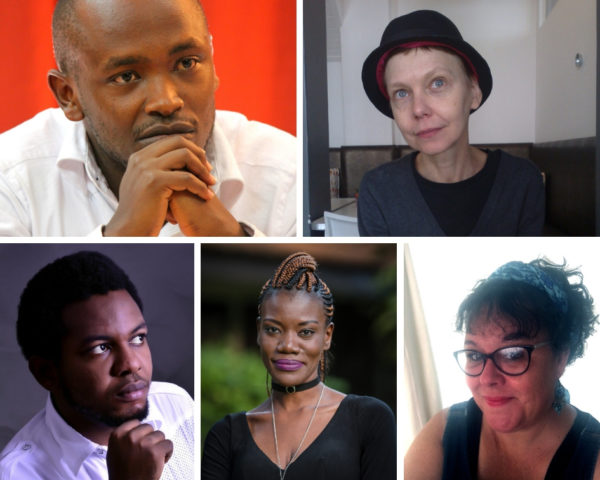
Update: For failure to attribute an original source, the Caine Prize, in September 2019, removed Tochukwu Emmanuel Okafor’s “All Our Lives” from its 2019 shortlist, while Short Story Day Africa released a statement on intertextuality. Because we believe it to have resulted from inexperience rather than intentional withholding, we did not withdraw it from our own shortlist.
The shortlists for the 2018 Brittle Paper Awards were announced earlier this month. Begun in 2017 to mark our seventh anniversary, the Awards aim to recognize the finest, original pieces of writing by Africans published online.
The $1,100 cash prize is split across five categories: the Brittle Paper Award for Fiction ($200), the Brittle Paper Award for Poetry ($200), the Brittle Paper Award for Creative Nonfiction ($200), the Brittle Paper Award for Essays & Think Pieces ($200), and the Brittle Paper Anniversary Award ($300) for writing published on our blog. The winners will be announced on Monday, 19 November 2018.
Meet the Finalists for the 2018 Brittle Paper Award for Fiction
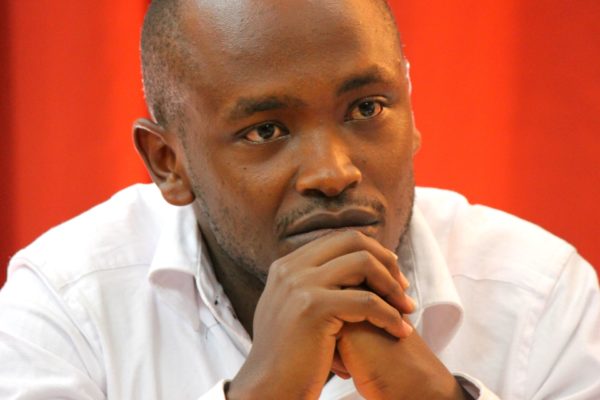
Kiprop Kimutai (Kenya), for “The Man at the Bridge,” in As You Like It, republished in The Johannesburg Review of Books
Kiprop Kimutai is a Nairobi-based writer whose fiction has appeared in Jacana, Kwani? Trust, Jalada Africa, Painted Bride Quarterly, No Tokens, Kachifo, New internationalist and Acre Books. In 2017, he was invited to South Africa as a panelist for the Franschhoek Literary Festival and as a speaker for the Future Nations Schools Book Fair. He has also participated in the Caine Prize, Farafina, and Kwani Trust?/Granta workshops, and was a Kweli Scholar Program fellow. Kiprop has been shortlisted for the Miles Morland Scholarship, the James Baldwin Writer-in-Residence, and the Gerald Kraak Prize, and was the second runner-up for the Kwani? Manuscript Project for his manuscript The Water Spirits. As an editor, he solicited and curated poetic verse from queer Africans for the anthology Walking the Tightrope: Poetry and Prose by LGBTQ Writers from Africa (Lethe Press, 2016). He is working on his novel.
From “The Man at the Bridge”:
In the kitchen, Kwambai realised the joy it was to dip his fingers in sudsy water. How easy it was to giggle when Franco touched his waist with cold fingertips. How easy it was to turn and take off what was necessary, so that their bodies could join and shut out the world. They made love all over the house, till they finally settled on a favourite spot, a tiny guest bathroom. There, Franco seemed smaller. Just a man who smiled shyly when Kwambai lifted his chin with a finger.
‘How long will you keep me here?’ he asked.
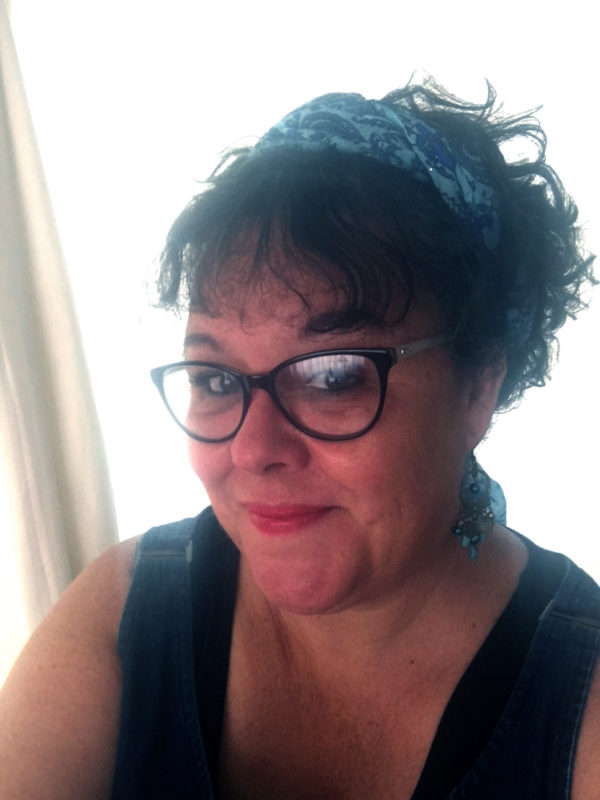
Lauri Kubuitsile (Botswana), for “Moon Secrets,” in The Single Story Foundation Journal
Lauri Kubuitsile is a two-time winner of The Golden Baobab Prize for children’s writing, the winner of the Botswana Ministry of Youth, Sport and Culture’s Botswerere Prize for Creative Writing, and a finalist for the 2011 Caine Prize, among others. She has more than 25 books published with Macmillan, Oxford University Press, Cambridge University Press, and Penguin, among others. Her most recent books are a children’s book, Thato Lekoko: Superhero (Oxford University Press SA, Dec 2015), and The Scattering (Penguin Random House SA, May 2016), a historical novel that won Best International Fiction Book 2017 at the Sharjah International Book Fair in the United Arab Emirates and was recommended by the prestigious Walter Scott Prize for Historical Fiction in the UK in 2017. The North American rights have been bought and the book is now published in the USA and Canada by Waveland Press (USA). Her second historical novel will be coming out with Penguin in May 2019.
From “Moon Secrets”:
She’ll tell him how she’d hid the pregnancy. How the pains started and she remained quiet so her father, who so loved her, would not hear and find that she had disappointed him. How she’d crept out into the bush to give birth so no one would hear. How she’d abandoned her daughter at the railway crossing like an empty drink tin or a sweet wrapper.
Would he be forgiving like the night, or would he be the judging daylight?
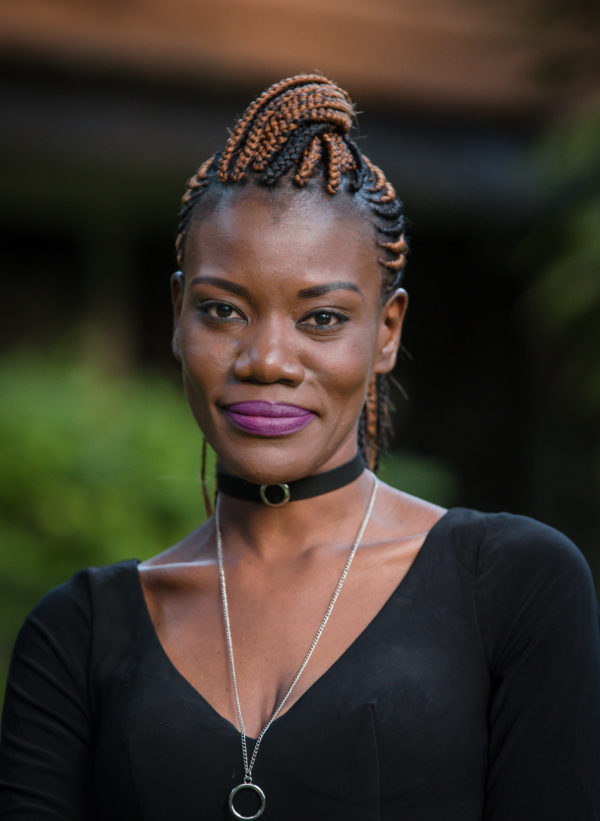
Christine Odeph (Kenya), for “Our Husband Grief,” in Migrations: New Short Fiction from Africa (as “My Sister’s Husband”), republished in Brittle Paper
Christine Odeph was born in Kisumu, Kenya, and is currently based in Nairobi as a writer, editor, and journalist. In 2016, her short story, “My Sister’s Husband,” written under the name Nyarsipi Odeph, was published in the 2016 Short Story Day Africa Prize anthology Migrations. In 2017, her manuscript When Mountains Meet was selected as one of the top five winners in the Anasoma Writing Contest which was curated by AMKA Space for Women’s Creativity in conjunction with Worldreader. She was one of the invited participants at the 2018 Miles Morland Creative Writing Workshops.
Odeph is interested in exploring the human condition, self-discovery, and creatively expressing its elements through storytelling. She is a single mother to a loving son. You can find her online at www.kenyanisa.com.
From “Our Husband Grief”:
People keep trying to feed your loved ones when you die, as if unconsciously trying to plug in the gap you have left with nutrition. Tea. More tea. For every tear your loved ones shed, there is a corresponding thermos flask filled with tea. They flutter around your loved ones, avoiding the vacant stares, the muted responses, the ugly marks of grief. They don’t remember that when we, the dead, move to the hereafter, we take our loved ones’ taste buds with us for a while. So you can pour in all the salt you want or none at all, but they cannot taste. Each sip and bite is agonisingly bland, a reminder that we are dead and they are not.
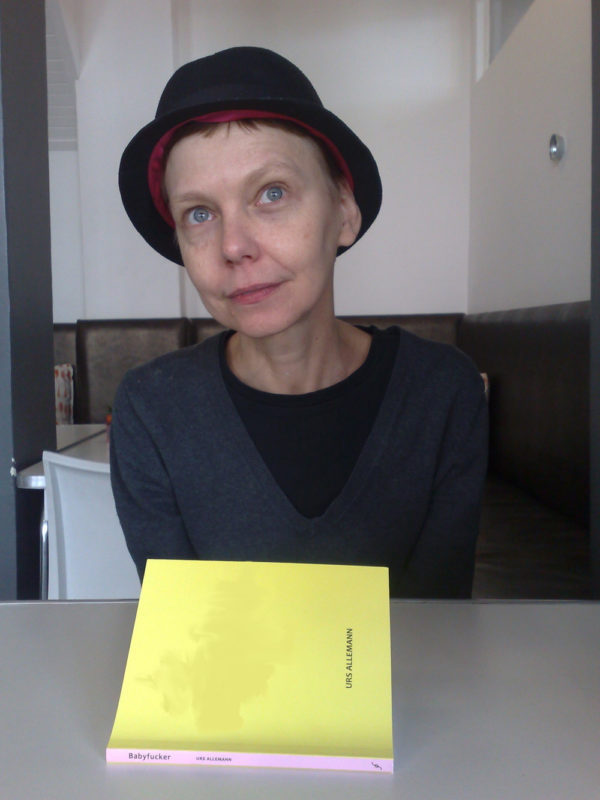
Stacy Hardy (South Africa), for “Involution,” in Migrations: New Short Fiction from Africa
Stacy Hardy is a writer and an editor at the pan African journal Chimurenga, a founder of Black Ghost Books, and a teacher at Rhodes University, South Africa. Her writing has appeared in a wide range of publications, including Ctheory, Bengal Lights, Evergreen Review, Drunken Boat, Joyland, Black Sun Lit, The Johannesburg Review of Books, and New Orleans Review, as well as numerous anthologies. A collection of her short fiction, Because the Night, was published by Pocko Books, London in 2015. She is currently touring with a new original play created in collaboration with director Laila Soliman (Egypt) and musicians and composers Neo Muyanga (SA) and Nancy Mounir (Egypt). She is also finalising a second short story collection to be published in 2019, and working on a novella.
From “Involution”:
When she first discovers the thing, she reacts with fright. It isn’t just its outlandish appearance but also its proximity. Why, considering all the suitable nooks and crannies, the possible hidey holes in the vicinity, has it chosen her? In truth she might not have noticed it if it wasn’t for the itch. At first, barely noticeable, more like a humming, a low-level vibration somewhere in her nether regions, then louder, more insistent.
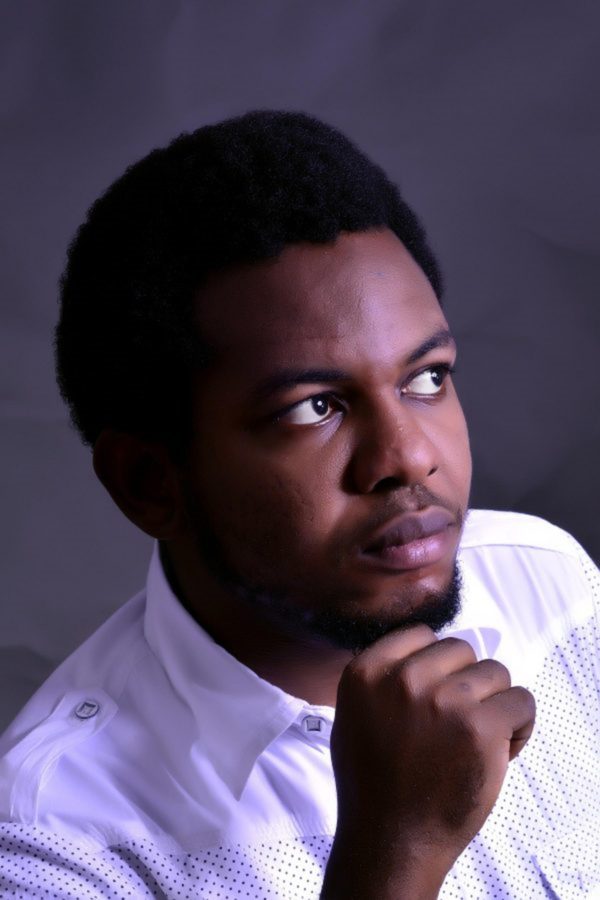
Tochukwu Emmanuel Okafor (Nigeria), for “All Our Lives,” in ID: New Short Fiction from Africa, republished in The Johannesburg Review of Books
Tochukwu Emmanuel Okafor is a Nigerian writer whose work has
appeared in The Guardian, Litro, Harvard University’s Transition,
Warscapes, Columbia Journal, and elsewhere. A 2018 Rhodes Scholar finalist, he won the 2017 Short Story Day Africa Prize, having been previously nominated for the award. His writing has been shortlisted for the 2017 Awele Creative Trust award, the 2016 Problem House Press Short Story Prize, and the 2016 Southern Pacific Review Short Story Prize, and nominated for the Pushcart Prize. A two-time recipient of the Festus Iyayi Award for Excellence for Prose/Playwriting, he is currently a 2018 Kathy Fish fellow and writer-in-residence at Smoke-Long Quarterly.
From “All Our Lives”:
We are Chikamneleanya, Ogheneakporobo, Abdulrasheed, Olarenwaju, Alamieyeseigha, Tamunodiepriye, Onuekwuchema, Toritsemugbone, or Oritshetimeyin. We are twenty-five, twenty-six, twenty-seven years old. We are from the North, South, South-east. Some of us do not know where we come from. We are tall, plump, lanky, short. We speak Igbo, Yoruba, Kalabari, Hausa, Itshekiri, Ijaw, pidgin English, or a mix of them all. We are Catholics, Pentecostals, Muslims, Adventists. We do not believe in any god.
Enquiries, about the shortlisted writers or for interviews, should be sent to [email protected].





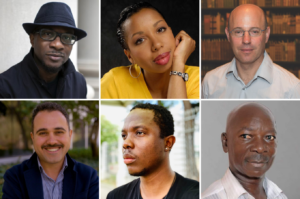
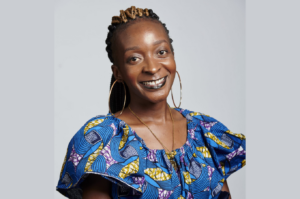
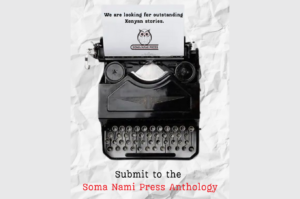

COMMENTS -
Reader Interactions